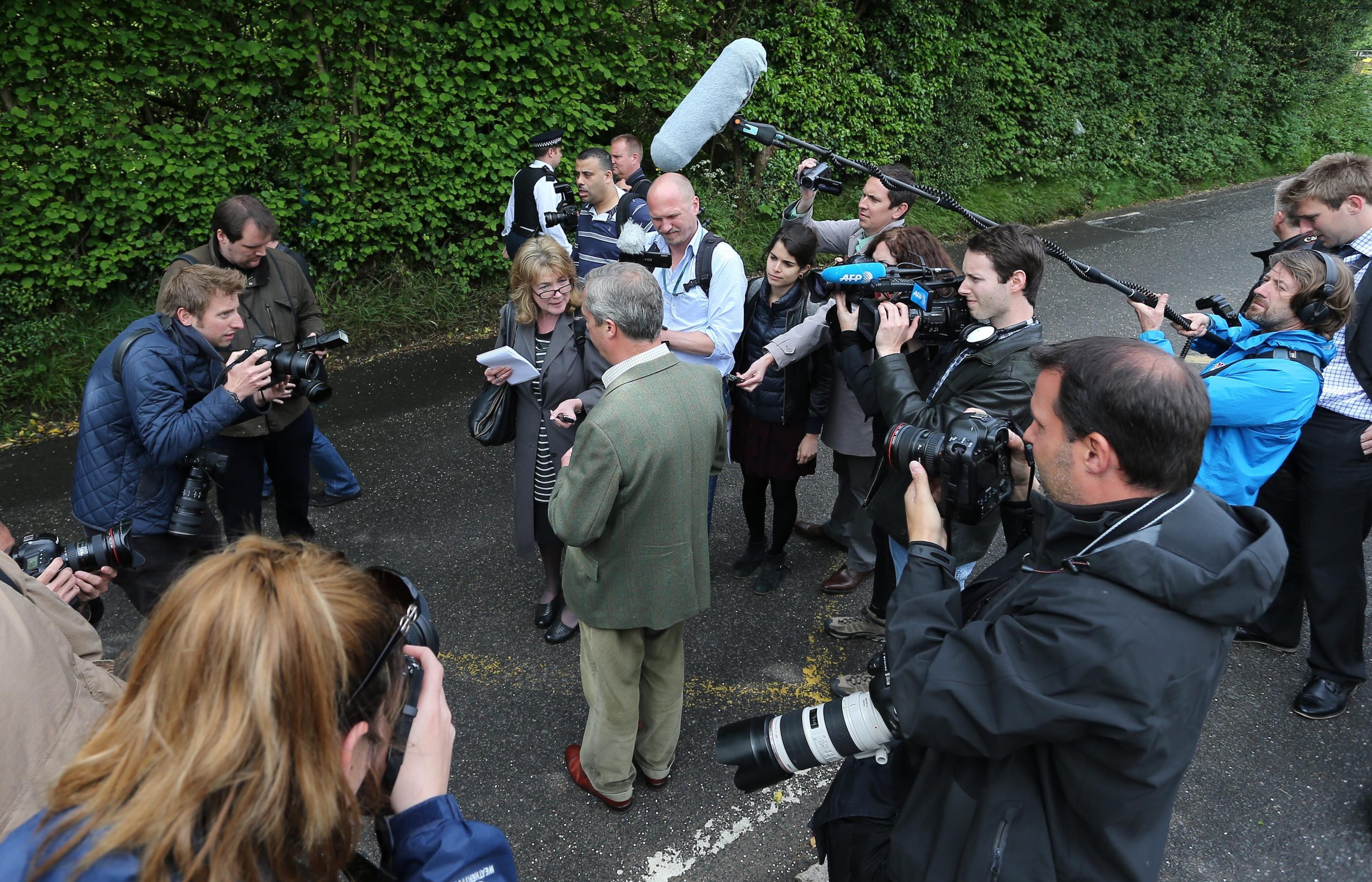A growing number of UK journalists believe that the truth is shaped by those in power and many believe that media freedom in the country is at risk. UK journalists are also increasingly coming under attack for their work and are taking a more activist role in their reporting.
The findings are contained in a new report from the Reuters Institute for the Study of Journalism and the University of Oxford, which is based on a survey conducted between September and November 2023 with a representative sample of 1,130 UK journalists.
The UK Journalists in the 2020s report revealed that almost half (48%) of journalists believe that “truth is inevitably shaped by those in power”. It also reveals that left-leaning journalists (55%) are more likely to agree with this than right-leaning ones (33%).
One of the report’s editors, Craig T Robertson, a postdoctoral research fellow at the Reuters Institute, said: “Journalists are in a key position to question those in power and try to get at the truth – it’s their job. For this reason, it may be somewhat surprising that almost half of UK journalists believed that ‘truth is inevitably shaped by those in power’. But this almost cynical feeling could come down to the fact that those in political power, especially, are difficult for journalists to work with.”
Another editor Jingrong Tong, a senior lecturer in media and information studies at the University of Sheffield, said: “It is worrying that, in total, 43% of respondents considered the UK news media to have only ‘some’, ‘little’, or ‘no media freedom’ at all. The divided views on media freedom echo the recent warnings signalled by observer groups such as Index on Censorship that the UK has already slid down to be only ‘partially open’”.
“Although UK journalists still considered their traditional roles as informers and watchdogs to be the most important, the emphasis they gave to these roles has shifted. Overall, the informer roles have decreased in importance, while watchdog roles have increased,” the report added.
Nearly three quarters of respondents (71%) found it very or extremely important to “counteract disinformation” and two thirds (65%) thought it very or extremely important to “shine a light on society’s problems”.
The growing threats to UK journalists are also laid bare by the report. It reveals that only 18% of UK journalists reported they had never experienced safety threats related to their work over the previous five years. The most frequent forms of safety threats experienced by journalists were “demeaning or hateful speech” (45% had experienced these at least “sometimes”), followed by “public discrediting” (39%) and “other forms of threats and intimidation” (16%). Gender was significant in journalists’ experience of safety threats. In the survey, 22% of women journalists had experienced sexual violence in the previous five years compared with only 4% of men. One in eight female journalists and one in twelve male journalists report that they had encountered demeaning or hateful speech often or very often.
The survey also suggests there is much work to be done in the UK to prevent journalists being threatened by powerful actors. Some 17% of journalists said they had been the subject of legal action because of their work. (Journalists facing legal threats can explore our new Am I facing a SLAPP tool here.)
The survey also reports that UK journalists are overwhelmingly privileged, white and university-educated and are increasingly left-leaning.
Of the 1,130 UK journalists surveyed, 90% were white, 91% had been to university and 71% came from a privileged background (as defined by their parents’ occupation).
Pete Clifton, former editor of BBC News and former editor-in-chief at PA Media, wrote in the foreword: “Despite so many people banging the drum for diverse newsrooms to cater for diverse audiences, the results make difficult reading once again.”
The survey reveals that the proportion of journalists from ethnic minority backgrounds has increased since the last survey was done in 2015 but the figures are still small compared to the general population: 3% of journalists are Asian (compared to 9% of the UK population in general) and 1.3% are Black (compared to 4%).
The survey also found that, as a group, UK journalists have moved further to the left since 2015. In 2015, around half (54%) identified with the political left, but this rose to three quarters (77%) by 2023.





